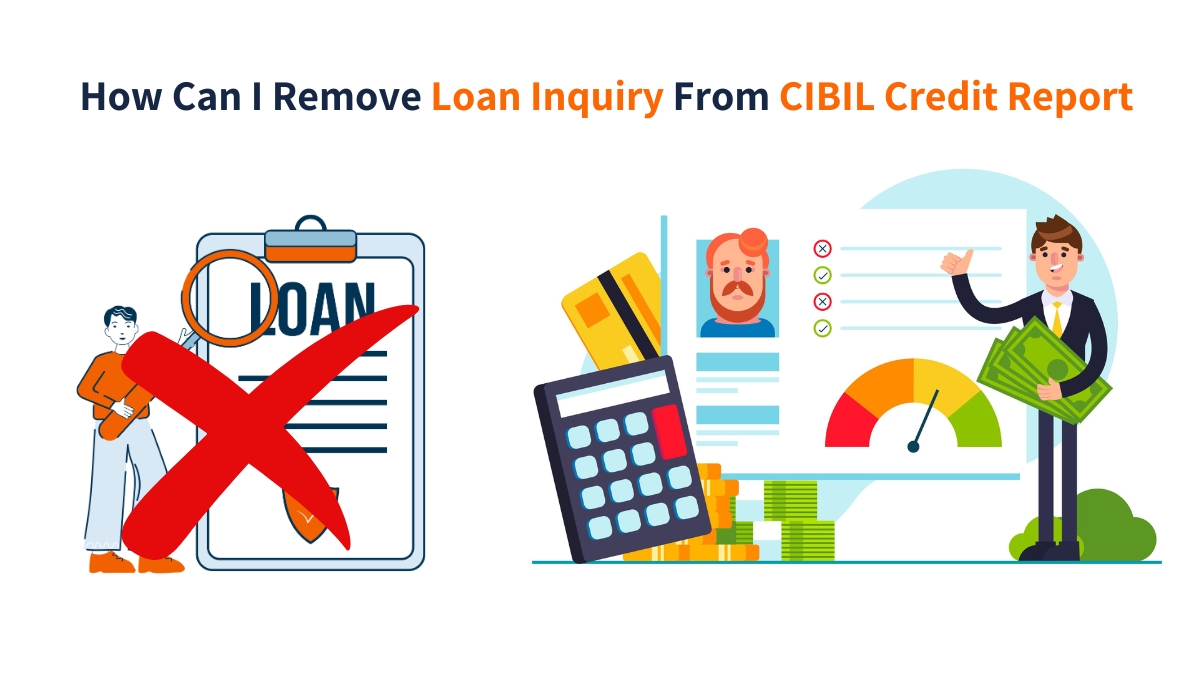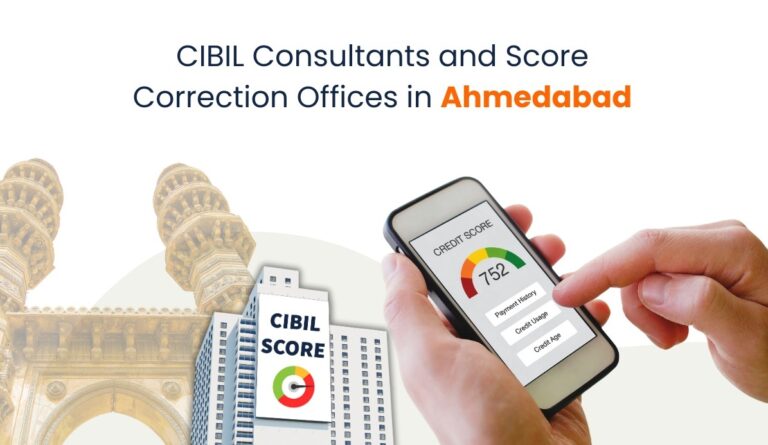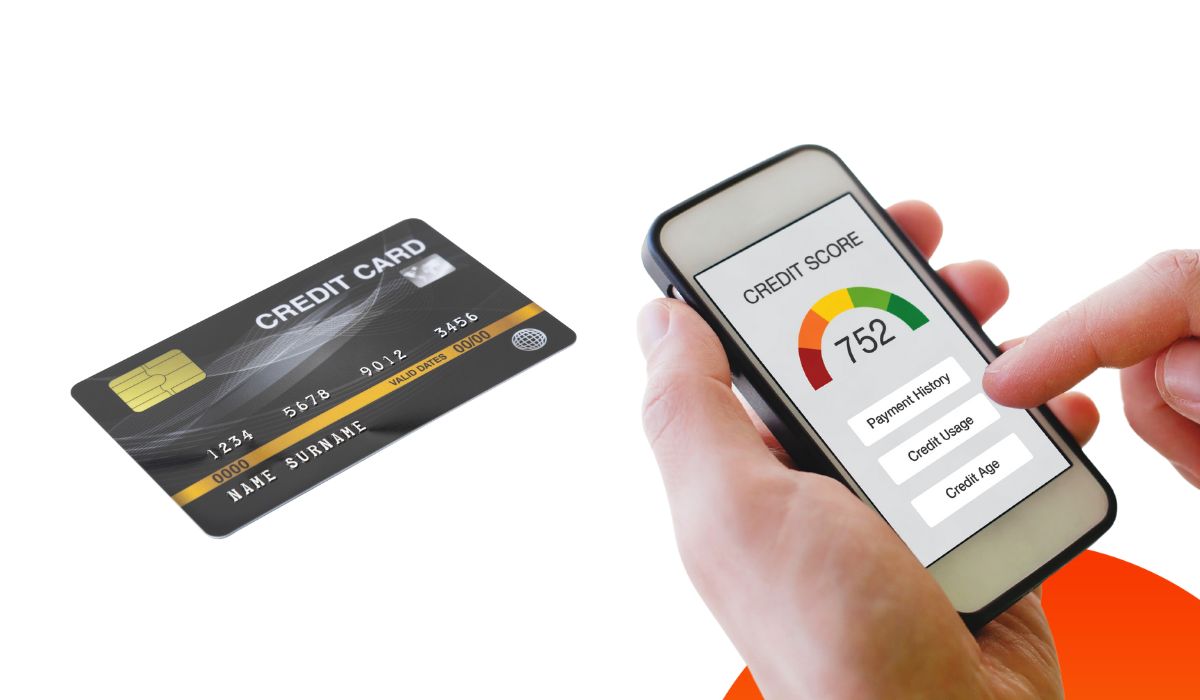Generally, removing a loan enquiry from the CIBIL credit report is quite not possible if the inquiry is legalised. When you apply for a loan or credit card, their inquiries are recorded and for a certain period, they remain on the report. Despite that, if you are facing any issue regarding a fraudulent inquiry or error, you can take corrective steps for this.
Here are the steps to detect a wrong inquiry on your CIBIL Credit Report:
Obtain Your CIBIL Credit Report:
Request the CIBIL credit report to review the details and identify the specific inquiry that you believe is wrong.
Contact the Lender:
Get in touch with the lender timely who inquired and informed them about the error. Also, request them to give a No Objection Certificate (NOC) or any other official document stating that the inquiry was made by mistake.
Follow Up:
After raising the dispute, keep checking up or follow up with both CIBIL and the lender to ensure the inquiry is investigated and corrected. This process might take up to 30 days or more.
Check Updated Report:
Once the dispute is settled, get a new copy of your CIBIL report to confirm that the incorrect inquiry has been eliminated.
What is a CIBIL Inquiry?
CIBIL inquiry is a check made by the financial institution or lender to assess your creditworthiness when you apply for credit, such as a loan or credit card. Inquiry is recorded in the borrower CIBIL credit report and can impact the credit score.
Types of Inquiries
-
Hard Inquiries:
-
- Definition: Hard inquiries are those inquiries when the lender checks the credit and makes the grand decision
- Impact on Credit Score: Hard inquiries can decrease your credit score slightly and stay on your report for up to 2 years.
- Examples: Applying for a personal loan, credit card, mortgage, or car loan.
-
Soft Inquiries:
-
- Definition: soft inquiries are those inquiries when someone is checking the credit report for the use of non-grand decision
- Impact on Credit Score: It does not affect your credit score
- Examples: Checking your credit report, background checks by employers, and pre-approved credit offers.
Importance of Understanding Inquiries for Maintaining a Healthy Credit Score
- Cut down Hard Inquiries
- Checking for Errors
- Credit Application planning
- Strengthen Soft Inquiries
Factors Affecting Credit Score
1. Payment History
Payment history is a record of the payments that you make for loans, credit cards, and other debts. typically accounting for about 35% of your credit score. If you regularly make payments on time it will boost and as wells as increase your score, while delayed in paying, default can significantly lower it.
2. Credit Utilization
Approximately 30% of your credit score is derived from your credit utilization. It’s best to keep your credit utilization percentage below 30% of your overall credit limit. A larger credit risk is indicated by high utilization, which can lower your score.
3. Length of Credit History
This shows how long your credit accounts have been open and the average age of all your accounts. Length of credit history makes up about 15% of your credit score. A longer credit history provides more data on your credit behaviour
4. Types of Credit
This considers the mix of credit accounts you have, such as credit cards, retail accounts, instalment loans, finance company accounts, and mortgage loans. The types of credit you use account for about 10% of your credit score
5. Recent Credit Inquiries
About 10% of your credit score is derived from recent credit queries. Quickly followed by several hard queries can indicate that you are actively pursuing new credit, which could result in a credit score reduction. Soft questions, however, have no bearing on your grade.
How to Remove a Loan Enquiry From CIBIL Credit Report
- Step 1: Obtain Your CIBIL Credit Report
- Step 2: Verify the Inquiry
- Step 3: Raise a Dispute with CIBIL
- Step 4: Follow Up
- Step 5: Check the Updated Report
How to Check CIBIL Credit Reports: A Detailed Guide
ONLINE METHOD
Step 1: GO TO THE CIBIL Website
-
-
- Go to the official CIBIL website: visit the website
-
Step 2: Choose ‘Get Your CIBIL Score’
-
-
- Click on the option to get your CIBIL score and report.
-
Step 3: Get a Subscription Plan
-
-
- CIBIL offers various subscription plans. Choose one that suits your needs (e.g., one-time report or annual subscription).
-
Step 4: Fill in Your information
-
-
- Provide your details, such as name, date of birth, address, and identity proof (like PAN card number).
-
Step 5: Authentication
-
-
- Complete the authentication process, which may involve answering security questions based on your credit history.
-
Step 6: Payment
-
-
- Make the payment as per the chosen plan.
-
Step 7: Access Your Report
-
-
- Once the payment is done, you can access your CIBIL report online.
-
OFFLINE METHOD
Step 1: Download the Application Form
-
-
- Through the Consumer Credit Information Report (CIR) request form.
-
Step 2: Fill in the Form
-
-
- Complete the form with the correct personal details.
-
Step 3: Attach your Documents
-
-
- Attach a self-attested copy of your identity proof (e.g., PAN card, Aadhaar card) and address proof (e.g., utility bill, passport).
-
Step 4: Payment
-
-
- Include a Demand Draft (DD) for the applicable fee, payable to ‘TransUnion CIBIL’.
-
Step 5: Mail the Application
-
-
- Mail the completed form, documents, and DD to the CIBIL office address provided on the website.
-
Step 6: Receive Your Report
-
-
- After processing your request, CIBIL will send your credit report to your postal address.
-
How to Improve Your CIBIL Credit Score
- Timely pay your bills: Always pay your credit card bills, loans, and other debts by the due date. Late payments can damage your credit score.
- Keep Balances Low: Always Try to keep your credit card balances low. Aim to use less than 30% of your credit limit.
- Try to Avoid too much credit: Applying for many credit cards or loans in a short period can lower your score. When you need the credit then apply for it
- Keep Old Accounts Open: Having a long credit history helps your score. Even if you don’t use an old credit card much, keeping it open can be beneficial.
Impact of a Hard Inquiry on Credit Score
What is a hard inquiry?
Hard inquiries are those inquiries when the lender checks the credit and makes the grand decision.
Difference Between Hard and Soft Inquiries
- Hard Inquiry: It going to Affect your credit score and is made when applying for new credit.
- Soft Inquiry: Typically done for a background check of the borrower or offers that going to pre-approved
Why Does a Credit Score Drop After a Hard Inquiry?
A hard inquiry signals that you are seeking new credit, which may indicate potential financial instability. This perceived risk causes a slight drop in your credit score.
Examples of Situations Leading to Hard Inquiries
- Applying for a new/Fresh credit card.
- Applying for a mortgage or car loan.
- Request for a personal loan
How to Mitigate the Negative Impact
- Do not go for an excessive number of applications within a short span of period.
- Apply for new credit only when necessary. Apply for a new credit card when you require it.
How to Raise a Dispute with CIBIL to Remove a Loan Enquiry from Your Credit Report
Step-by-Step Process to Raise a Dispute
- Obtain Your CIBIL Report:
- Identify the wrong inquiry.
- Contact the Lender:
- Verify the inquiry and request a No Objection Certificate (NOC) if it was an error.
- Raise a Dispute with CIBIL:
- Visit the CIBIL website and go to the ‘Dispute Resolution’ section.
- Fill out the online dispute form, provide details and attach the NOC.
- Follow Up:
- Monitor the status of your dispute through your CIBIL account
Documentation Required
- Identity proof (e.g., PAN card).
- Address proof.
- NOC from the lender (if applicable).
Timeline for Resolution
- It takes around 30 days to resolution process
Importance of a Good CIBIL Report
- Loan Approvals: Higher chances of loan approval.
- Lower Interest Rates: you can Access loans at more favourable interest rates and easily
- Financial Opportunities: Better credit card offers and higher credit limits.
Long-Term Financial Health
A good CIBIL report reflects responsible credit management, leading to long-term financial stability and opportunities. If the CIBIL report shows responsible credit management, this is going to long-term financial stability and opportunities.
Frequently Asked Questions
Does a Loan Inquiry Affect a CIBIL Credit Score?
Yes, an inquiry related to a loan can affect your CIBIL credit score. When you apply for a loan, the lender checks your credit report, which is recorded as a “hard inquiry.” This can slightly decrease your score
Can we remove a Loan Inquiry from a CIBIL Report Within the first 24 Hours?
No, you cannot withdraw your loan inquiry from your CIBIL report within 24 hours. The process of resolution can take up to 30 days.
How can someone increase their CIBIL Score After a Loan Inquiry?
- Clear any overdue payments. No Pending should be there.
- Keep your credit card usage below 30% of your limit.
- Limit the number of new credit applications.
How to withdraw an Inquiry From CIBIL?
- Get Your CIBIL Report: Identify the incorrect inquiry.
- Contact the Lender: Verify the inquiry and get a No Objection Certificate (NOC) if it’s a mistake.
- Raise a Dispute: Go to the official CIBIL website, fill out the form, and attach the NOC.
- Follow-up: keep checking the status of your dispute until it’s clear.
Can a Bank pull out an Inquiry From My CIBIL?
Yes, a bank can help undo an inquiry if it was made in error. Contact the bank, explain the situation, and request them to provide a No Objection Certificate (NOC) to support your dispute with CIBIL.
How Many Credit Inquiries on CIBIL are okay?
If you have some limited inquiries over a long period ( one year) it is okay. But too many inquiries decrease your credit score.
How Do I Check My Loan Inquiries?
Get Your CIBIL Report: Request the report from the CIBIL website. It will show you all recent credit inquiries.
How Long does a Loan Inquiry remain on My Report?
Two Years
Also, check:





